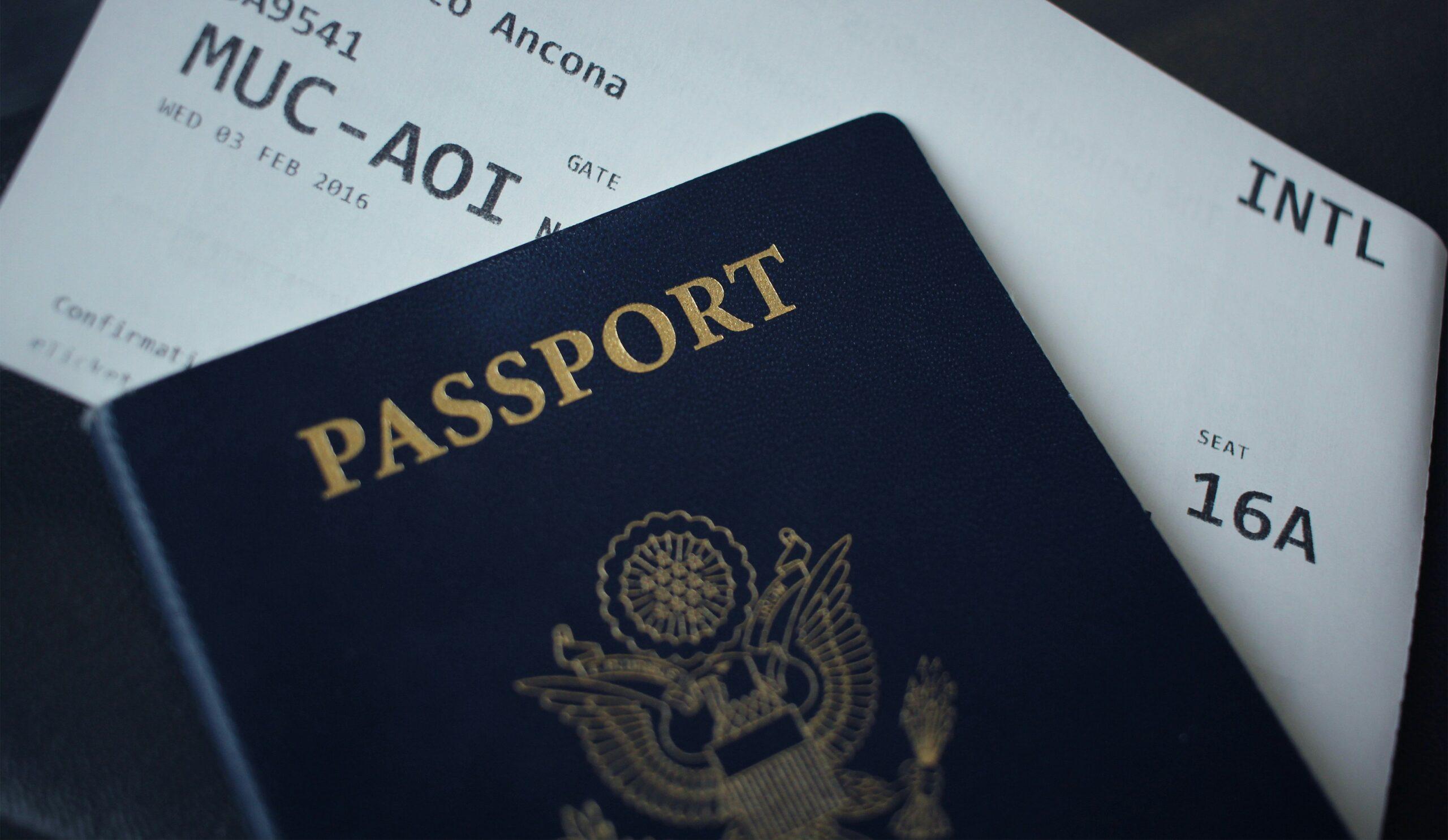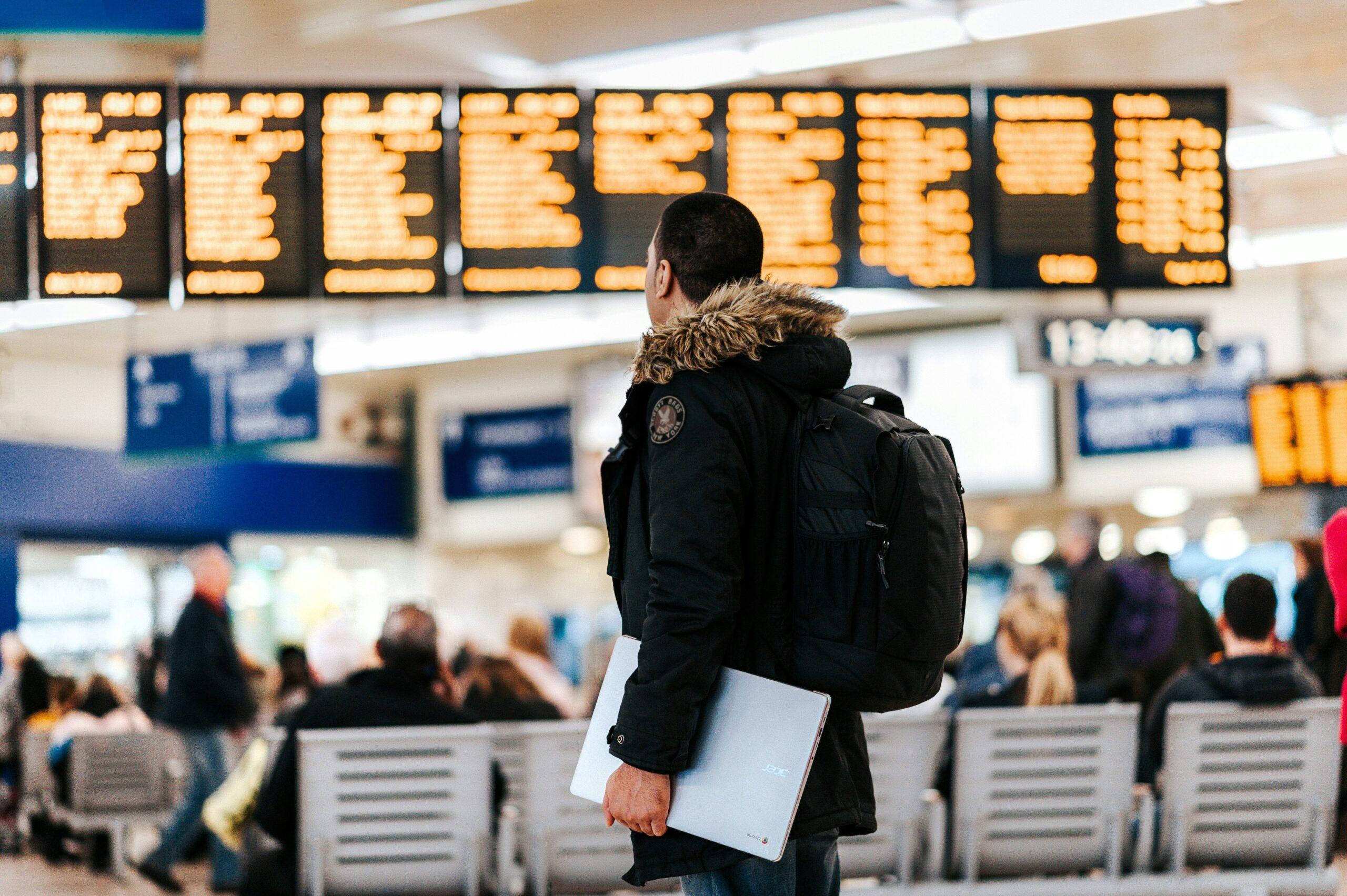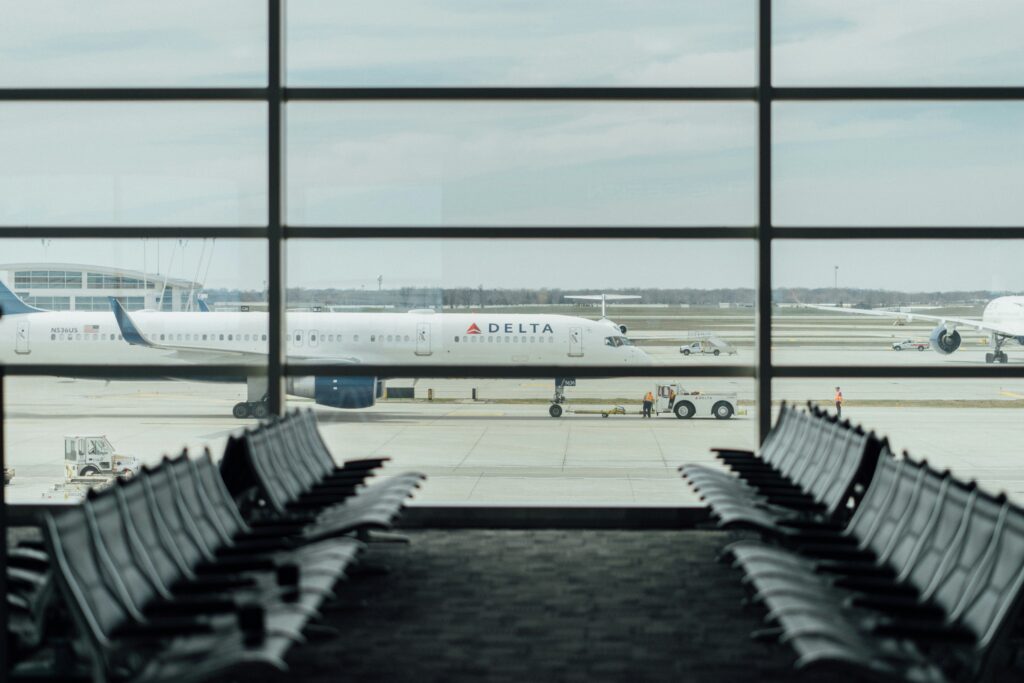Ever been stuck at the airport for hours on end because of a freak snowstorm? Yeah, we’ve all been there. While you can’t control Mother Nature, you can prepare for her tantrums. In this guide, we’ll unravel everything about Weather Delay Policies, why they matter, and how to pick one that works for your travel plans. By the time you’re done reading, you’ll know exactly how to protect yourself from weather-related disruptions—without losing sleep (or money).
Table of Contents
- Key Takeaways
- What Are Weather Delay Policies & Why Do They Matter?
- How to Choose the Right Weather Delay Policy
- Top Tips for Maximizing Your Coverage
- Real-Life Examples of Weather Delay Success Stories
- FAQs About Weather Delay Insurance
Key Takeaways
- Weather delay policies provide compensation for expenses incurred due to travel delays caused by adverse weather conditions.
- These policies vary widely depending on coverage limits, exclusions, and definitions of “adverse weather.”
- Reading the fine print is crucial—if not, you might find yourself stranded without support.
- Examples show travelers who chose comprehensive policies saved thousands during extreme storms.
- Bonus Tip: Avoid buying policies from companies without reputable customer service reviews.
What Are Weather Delay Policies & Why Do They Matter?
Picture this: You’ve booked an international trip months in advance. Flights are confirmed, hotel reservations secured, bags packed. Then bam! A hurricane sweeps through, grounding flights and leaving travelers scrambling for alternate arrangements. Sounds familiar?
This is where weather delay policies step in as lifesavers. These specialized clauses within travel insurance plans reimburse costs associated with unexpected weather-related delays. Think food, accommodations, transportation—all those little extras piling up when your flight gets delayed by days instead of hours.

“Optimist You: ‘The storm will pass soon!’ Grumpy You: ‘Yeah, right after my wallet does.’”
How to Choose the Right Weather Delay Policy
Selecting the perfect policy isn’t rocket science—but it does demand attention to detail. Here’s what you need to do:
Step 1: Check Coverage Limits
Some policies cap their payout at $500 per day; others offer more. Make sure your policy covers realistic costs based on your destination.
Step 2: Understand Exclusions
For instance, many policies won’t cover delays if airlines already compensate passengers for accommodation or meals. Always read the fine print!
Step 3: Verify Insurer Reputation
I once picked a cheap insurer who ghosted me mid-claim process—it felt like dealing with a Tamagotchi running out of batteries. Don’t make the same mistake.
Top Tips for Maximizing Your Coverage
Here’s the golden nugget of knowledge: smart strategies can maximize your benefits under weather delay policies.
- Document Everything: Snap receipts, emails, and notifications related to your claim. Evidence makes insurers happy.
- Compare Multiple Plans: Don’t settle for the first option. Compare plans side-by-side using tools like Squaremouth or InsureMyTrip.
- Avoid Cheap Traps: Sometimes lower premiums mean hidden traps. Look for transparent pricing structures.
- Know Your Rights: Understanding your rights ensures no insurer takes advantage of confusion over terms.

Real-Life Examples of Weather Delay Success Stories
Let’s talk real life. Last year, Emma found herself stuck in Miami thanks to Hurricane Ian. With her weather delay policy, she was fully reimbursed for three nights’ lodging, meals, and even Uber fees totaling $750—a far cry from the horror stories floating around.
Another case involved Mark, whose ski vacation turned into a disaster zone after an avalanche closed mountain routes. His comprehensive plan covered emergency evacuation services worth $4,000. Moral of the story? Spend now, save later.
FAQs About Weather Delay Insurance
Q: Is weather delay coverage included in every travel insurance plan?
A: No, some basic plans exclude weather-related delays. Always confirm specifics with your provider.
Q: Can I file a claim if my connection flight gets canceled due to bad weather?
A: Yes, but only if your primary reason for delay stems directly from inclement conditions.
Q: Does travel insurance work internationally?
A: Absolutely! Most policies apply globally unless explicitly stated otherwise.
Conclusion
In conclusion, weather delay policies aren’t just add-ons—they’re necessities for savvy travelers navigating unpredictable climates. Remember: preparation beats panic any day. So next time you jet off, ensure you’re armed with the best coverage possible. After all, peace of mind is priceless.
Like Frodo carrying the ring to Mordor, tackling weather delays requires resilience and planning. But hey—at least you won’t have armies chasing you. 🌦️✈️


